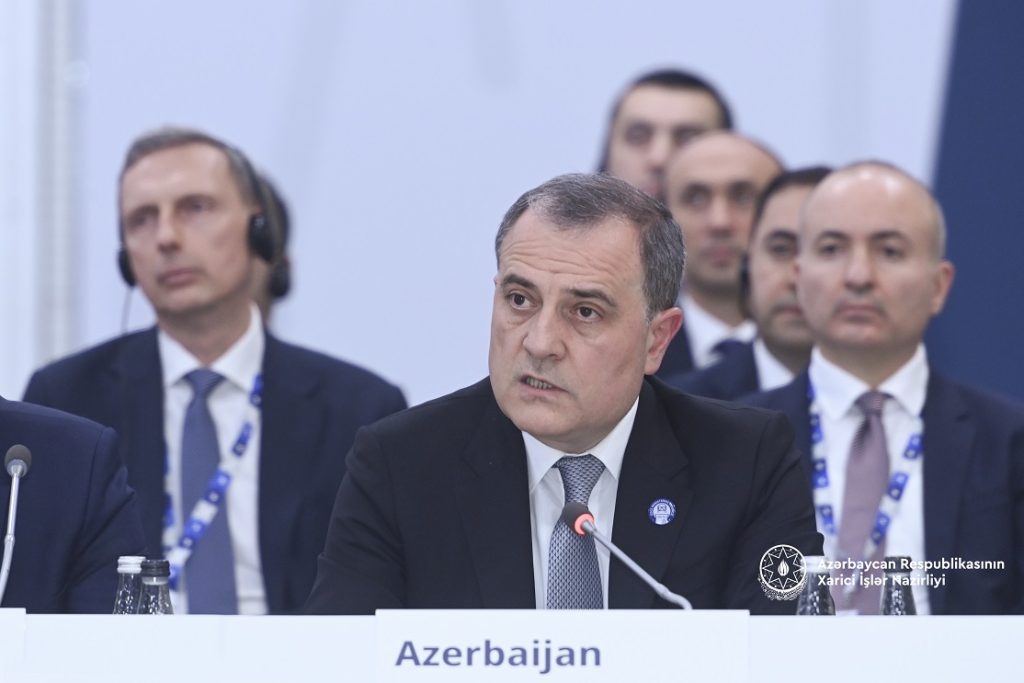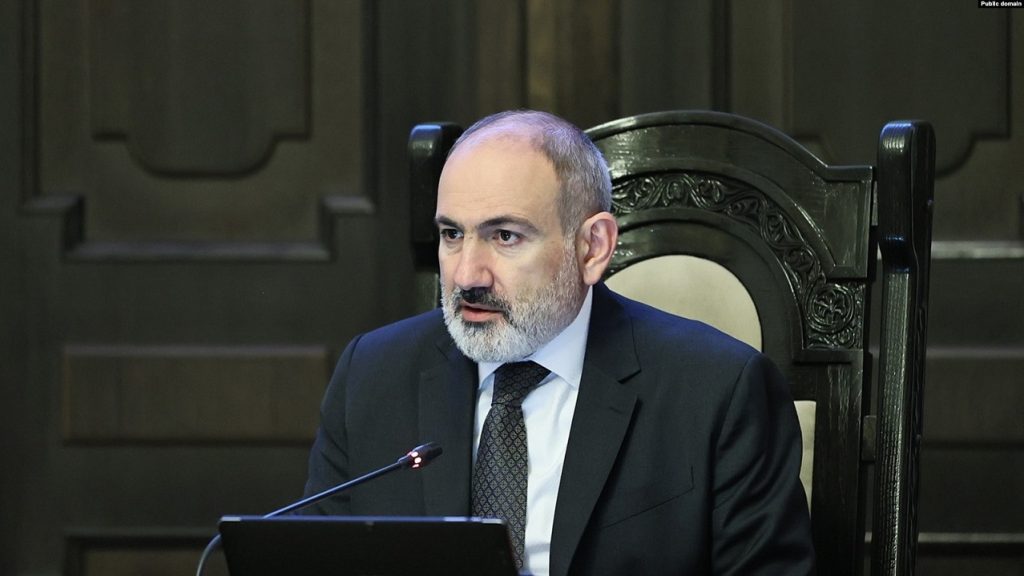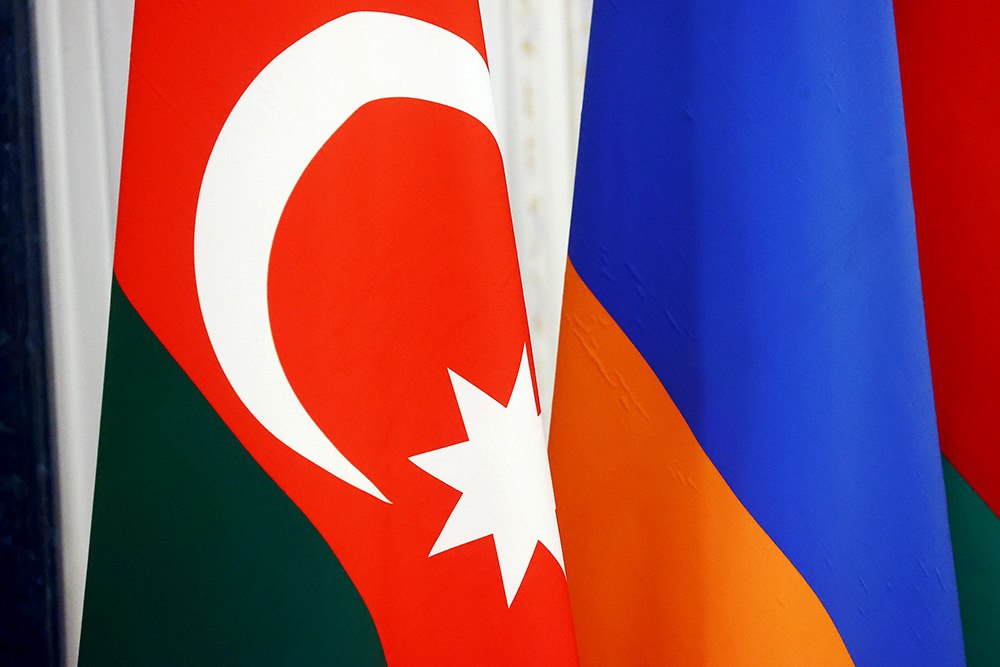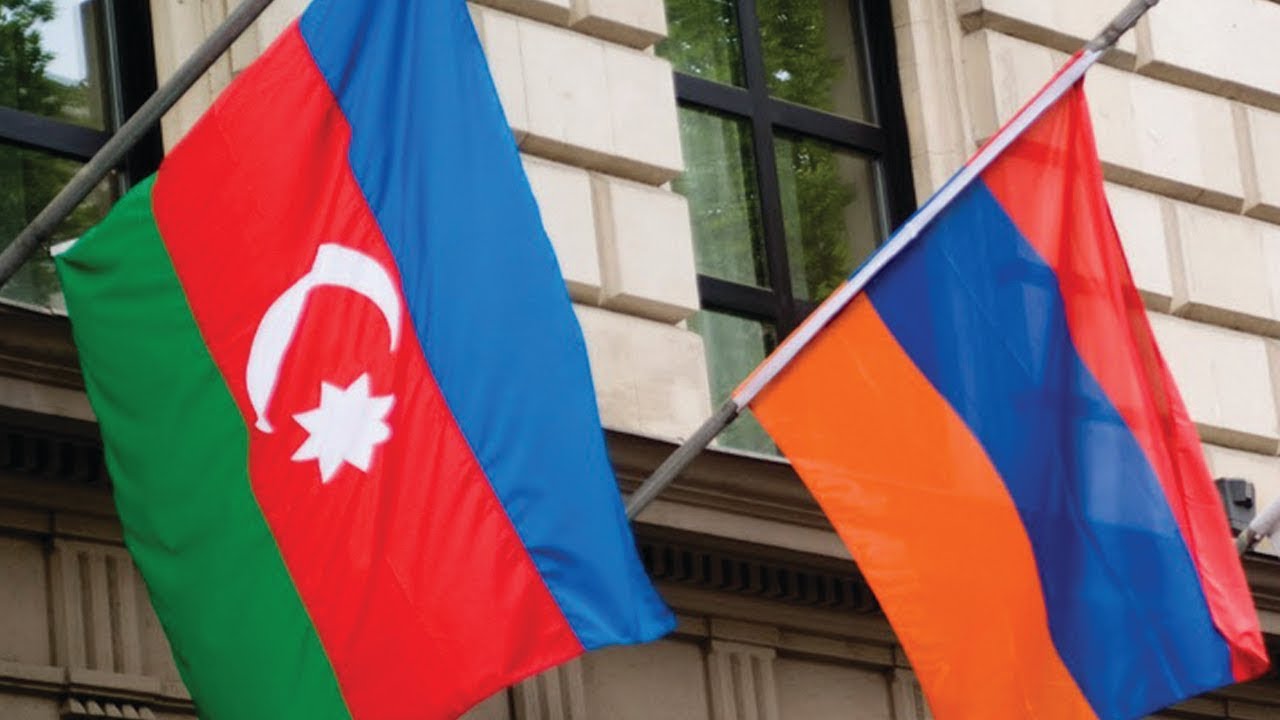Azerbaijan and Armenia report progress in peace talks
Recently, in peace talks between Azerbaijan and Armenia, which prefer a bilateral format, both sides have made positive statements.
“Significant progress has been made in the work on the draft bilateral agreement,” said Azerbaijan’s Foreign Minister Jeyhun Bayramov at the latest meeting of the OSCE Ministerial Council.
Armenian Prime Minister Nikol Pashinyan, speaking yesterday during a government hour in the National Assembly, stated that Yerevan and Baku are intensifying efforts on the peace agreement draft.
- How special forces beat protesters in Tbilisi: stories from those hospitalized
- Pashinyan’s response to Putin ‘Armenia has passed the point of no return’
- Food imports to Azerbaijan rise: what’s driving the increase?

“Since the last meeting of the OSCE Ministerial Council, Azerbaijan and Armenia have completed the delimitation and demarcation of part of their borders through direct bilateral dialogue.
“The recently implemented regulation on the joint activities of the relevant border commissions will ensure the implementation of the next stages of the delimitation work. On the other hand, significant progress has been made in the work on the draft bilateral agreement.”
As reported by Voice of America, this was stated by Azerbaijan’s Foreign Minister Jeyhun Bayramov at the 31st meeting of the OSCE Ministerial Council.
According to the minister, these achievements clearly demonstrate that direct bilateral negotiations are the best and only viable way forward in the normalization process, which Azerbaijan has consistently pursued.
“Despite the progress made, unresolved issues remain in the normalization process. The conclusion of the process depends on Armenia fulfilling its stated commitment to respect Azerbaijan’s territorial integrity and sovereignty by removing territorial claims still enshrined in its constitution and other legal acts.
“Peace and friendly neighborly relations cannot be sustainable and irreversible if Azerbaijan’s sovereignty and territorial integrity are questioned in Armenia’s constitution, and if the implementation of a bilateral agreement depends on Armenia’s internal legal or political scenarios,” he said.
The minister believes that at this critical moment, when Azerbaijan and Armenia have a historic opportunity to turn the page on confrontation and establish friendly neighborly relations, all efforts should be focused on completing the normalization process based on mutual respect for sovereignty and territorial integrity.
“Azerbaijan’s determination on this issue remains unchanged, and we expect political will and responsibility in response from Armenia,” Bayramov said.

Armenian Prime Minister Nikol Pashinyan stated during a government hour in the National Assembly that Yerevan and Baku are intensifying efforts on the draft peace agreement.
“90 percent of the work has been completed, only the final efforts remain to sign the peace agreement,” he said.
He reminded that the National Assembly of Armenia had approved the regulation on the joint activities of the commissions for delimiting the state border between Armenia and Azerbaijan, and the delimitation process should begin in the coming days based on mutual consent.
“I exclude any actions by Armenia aimed at destabilizing the region,” Pashinyan said.
He noted that in 2021 and 2022, “over 200 square kilometers of Armenian territory were occupied.”
“But we also stated that resolving the issue of these territories by military means is not and will not be on our agenda. The approval of the regulations for the delimitation commissions and the delimitation process allows these issues to be resolved through negotiations and on a legal basis.”
The Prime Minister assured that Yerevan is committed to the peace agenda and that Armenia has no military issues with any of its neighbors.
“We are intensifying efforts on the draft peace agreement because 90 percent of the work has been completed; only the final effort remains to sign the peace agreement. We have also proposed a real solution to the issue of opening communications in the region, and it’s just a matter of taking a step and resolving it. My assessment is that there are simply no reasons for tense Armenian-Azerbaijani relations in the region,” Pashinyan said.
The conflict between Armenia and Azerbaijan began in 1988. In 1991, it escalated into a military phase. After the ceasefire agreement in 1994, the former Nagorno-Karabakh Autonomous Region of Azerbaijan and seven surrounding districts remained under Armenian control.
Although the co-chairing countries of the OSCE Minsk Group (the United States, Russia, and France) conducted a mediation mission for a political settlement between the parties for three decades, they were unable to achieve any progress.
On September 27, 2020, military actions resumed between the armed forces of Azerbaijan and Armenia.
The leaders of Azerbaijan, Armenia, and Russia signed a trilateral statement on ceasefire after the Azerbaijani army, by November 10, had gained control over more than 300 settlements, including five districts, as well as the city of Shusha within its internationally recognized borders.
During the 44-day war, it was reported that up to 3,000 Azerbaijani soldiers and about 100 civilians were killed.
Armenian officials stated that more than 4,000 soldiers from their side died in the conflict.
Azerbaijan’s sovereignty over its entire territory was fully restored as a result of an anti-terrorist operation conducted by the Azerbaijani army on September 19-20, 2023.
A peace agreement between the parties has not yet been signed, and borders have not been demarcated. In the early years, peace talks were mediated by both the West and Russia. Recently, peace negotiations have increasingly been held in a bilateral format.




















